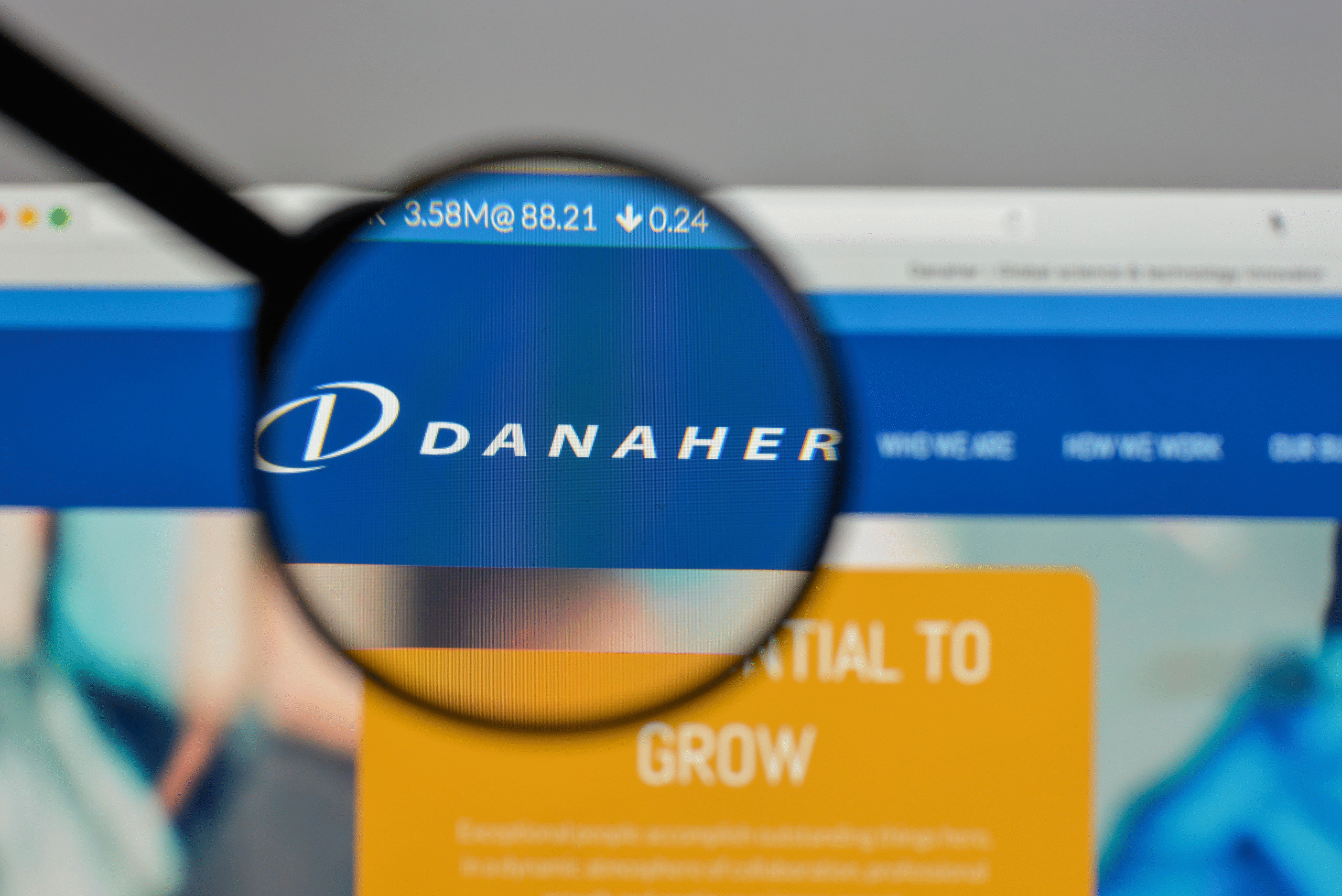In a significant regulatory milestone, the US Food and Drug Administration (FDA) approved Aqneursa (levacetylleucine) for treating neurological symptoms associated with Niemann-Pick disease type C (NPC). This rare, inherited condition affects lipid transport within cells, leading to progressive neurological decline and organ dysfunction. NPC, caused by mutations in the NPC1 or NPC2 gene, typically shortens life expectancy to around 13 years.
Aqneursa is the only approved standalone therapy for NPC, specifically targeting its neurological manifestations, reflecting its unique role in addressing the debilitating effects of this disease.
This approval comes just four days after the FDA approved Miplyffa (arimoclomol), which, in combination with miglustat (an enzyme inhibitor) was the first treatment authorized for NPC. Miplyffa primarily slows disease progression using a different mechanism of action, targeting heat shock protein responses to assist cells under stress.
While both Aqneursa and Miplyffa aim to manage neurological symptoms, Miplyffa’s efficacy was demonstrated using the rescored 4-domain NPC Clinical Severity Scale (R4DNPCCSS), which focuses on ambulation, speech, swallowing and motor skills. In contrast, Aqneursa showed improvements in functional Scale for the Assessment and Rating of Ataxia (fSARA) scores, primarily addressing motor and speech disturbances.
XTALKS WEBINAR: Leveraging Functional Service Providers for Enhanced Efficiency in Drug Development
Live and On-Demand: Thursday, October 31, 2024, at 1pm EDT (5pm GMT/UK)
Register for this free webinar to learn about the strategic advantages, including expert domain knowledge, global strategies and operational flexibility, for biotech and biopharma companies in engaging functional service providers for drug development.
Aqneursa’s efficacy was confirmed in a randomized, double-blind, placebo-controlled, two-period crossover trial involving 60 patients aged four years or older. The 24-week study, which included two 12-week treatment phases, measured neurological improvement using fSARA scores. This functional assessment focused on key domains, including gait, stance, sitting and speech disturbances. Patients treated with Aqneursa showed significant improvements in neurological symptoms, with benefits evident within 12 weeks, compared to those on placebo.
Patients could receive miglustat, another NPC treatment, as a background therapy. Aqneursa is administered orally, with dosing dependent on body weight, up to three times daily. The drug’s flexible administration allows for use with or without food.
While Aqneursa offers new hope, it carries risks. The drug’s prescribing information includes warnings regarding potential harm to embryos, advising pregnant women or those planning to conceive to consult their healthcare provider. The most frequently observed side effects in the study included abdominal pain, difficulty swallowing, upper respiratory tract infections and vomiting.
Aqneursa has received Priority Review, Fast Track, Orphan Drug and Rare Pediatric Disease designations. Aqneursa’s approval is significant to the NPC community as it offers an additional therapeutic option that focuses on the neurological burdens of the disease.












Join or login to leave a comment
JOIN LOGIN